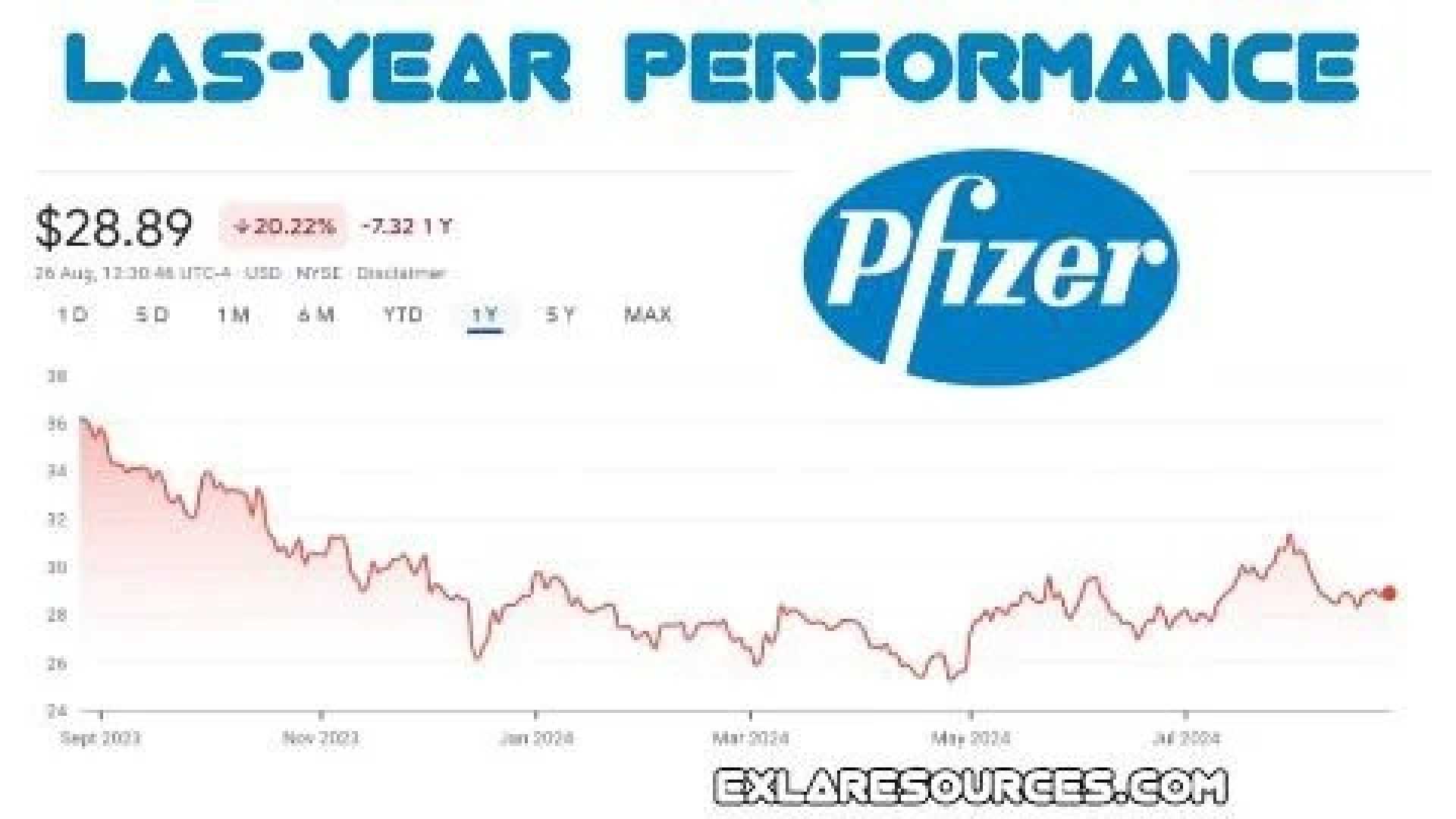Business
Pfizer Faces Challenges as Analysts Remain Optimistic Despite Stock Decline

NEW YORK, NY — Pfizer‘s stock has seen a significant decline, falling 57% from its previous high, raising concerns among investors. As of May 23, 2025, Pfizer’s market cap stands at $133 billion, with shares trading at $23.34, reflecting a 1.28% decrease from the previous day.
The drop in Pfizer’s stock is largely attributed to decreasing sales from its COVID-19 products. The company’s reliance on vaccine sales has diminished as pandemic concerns wane, contributing to financial challenges. Additionally, setbacks in drug production and development, such as the withdrawal of its sickle cell disease therapy, Oxbryta, and the discontinuation of its oral obesity drug, danuglipron, have further impacted investor sentiment.
Compounding these issues, Pfizer faces looming patent expirations on several of its leading medications. The cancer drug Inlyta will lose patent protection this year, while autoimmune drug Xeljanz and blood thinner Eliquis are set to follow in 2026. These developments raise questions about the company’s future revenue streams.
Former President Trump’s administration also poses potential risks for Pfizer, particularly regarding proposed tariffs on pharmaceutical imports and changes to drug pricing policies. Despite these uncertainties, eight out of 25 analysts from LSEG suggest buying or strongly buying Pfizer stock, indicating some level of optimism despite challenges.
Reasons for this positivity include Pfizer’s reduced reliance on COVID-19 product sales, with less than 7.7% of total revenue attributed to these products in the first quarter of 2025. The company is also pursuing patent term extensions to help mitigate the impact of upcoming expirations and has identified promising new products to balance declining sales.
Additionally, Pfizer’s Chief Executive Officer Albert Bourla has announced plans for potential business development, such as licensing agreements and partnerships aimed at bolstering the company’s drug pipeline.
Despite the company’s struggles, analysts highlight the attractiveness of Pfizer’s stock price, noting its low valuation at just over eight times forward earnings. The stock’s current dividend yield of 7.47% is also appealing, indicating that the company can maintain its dividend while managing free cash flow effectively.
Overall, while Pfizer navigates through a variety of challenges, its stock remains a point of interest for many investors looking for value, with strategic moves indicating potential for recovery.












